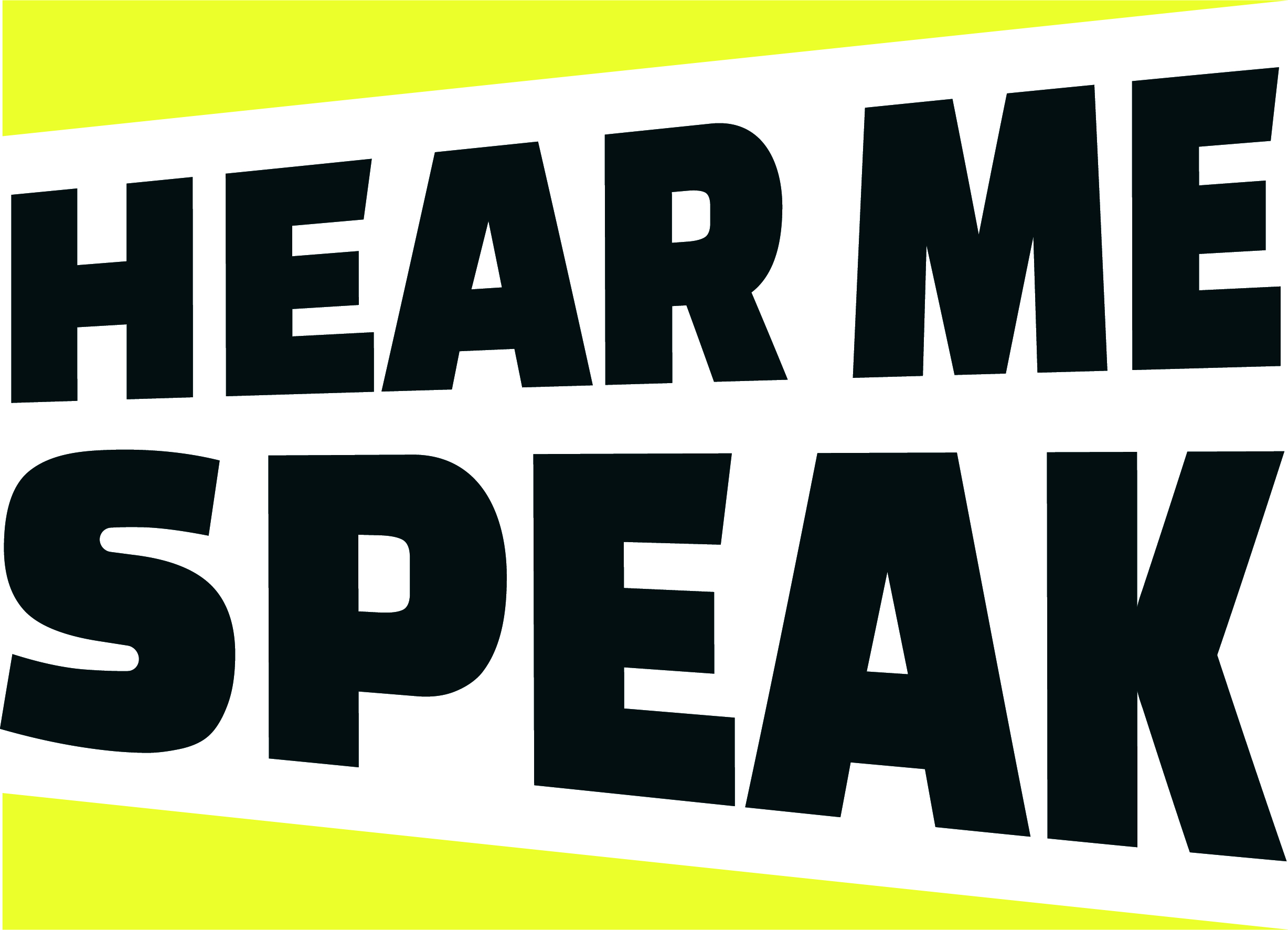Mental health and anti-racism activist António Ferreira has recently launched Hear Me Speak, a UK-based campaign supported by youth mental health charity Beyond, which is directed at the Independent Office for Police Conduct, the Mayor’s Office for Policing And Crime, the National Police Chiefs’ Council, The Association of Police and Crime Commissioners, the College of Policing, the Home Secretary and the Home Office.
The Metropolitan Police Service receives a call about a mental health concern every four minutes. They send an officer to respond to a mental health-related call every 12 minutes.
Now, as Met Police Commissioner Sir Mark Rowley tells health chiefs his force will no longer respond to most mental health calls from the end of August, the new Hear Me Speak campaign is calling for better legislation, guidance and training around policing in the context of mental health crisis and, crucially, to involve those with lived experience in shaping this legislation, guidance and training from start to finish.
It is inviting the organisations responsible for providing guidance and training to police forces across the UK to acknowledge the evidence that the current approach to policing mental health problems is failing, and to recognise the urgent need for change:
- There has been a continuous rise in mental health problems among children and young people in recent years. In 2022, one in six children aged between 7 and 16 had a mental health problem, an increase from one in nine in 2017.
- Not all police forces seek out the views of people with lived experience and/or use that lived experience when carrying out consultations on the design of future services.
- The number of people detained by the police under Section 136 of the Mental Health Act 1983 has been increasing in recent years.
Additional data from the text-message support service Shout suggests that in around 15% of conversations where the police are mentioned, texters said that they wanted to end their lives, had a means and had a timeframe, but did not want the volunteer to call the police.
Reasons given by texters for refusing police intervention included fear of being issued with a Section 136 notice, which allows the police to detain them under the Mental Health Act, and fear of how they might be treated.
António Ferreira is a multi-award-winning mental health activist, campaigner, public speaker, disruptor and expert by experience. As a teenager, António experienced traumatic mental ill-health. At around 15, he was referred to the local Child Adolescent Mental Health Service (CAMHS) and shortly after experienced his first mental health crisis.
António told EachOther: “Based on my experience, and others’ experience, the guidance and training police officers receive around mental health could be strengthened. Officers should have the appropriate knowledge and skills to respond compassionately to people experiencing mental distress.”
The campaign’s vision is to contribute to systemic and longer-term change by instigating adequate training and support so that the police feel better equipped to deal with mental health crises appropriately and sensitively.
Alongside the launch of the Hear Me Speak campaign, a related petition to introduce the proposed measures is also available to sign.





